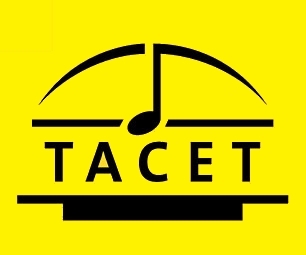"Erika Haase continues her survey of 20th century piano etudes with early Lutoslawski, late Scriabin, late Debussy, and recent Ligeti (no late period for this eternally youthful composer!). The program begins with Lutoslawski′s Two Studies, works that fly across the keyboard in the manner of Bartók′s more unbuttoned virtuosic excursions yet are laced with Lutoslawski′s original brand of harmonic scintillation. Haase is fully up to their finger-twisting demands, although you could imagine greater litheness and energy all around. Similarly, the three Scriabin Op. 65 Etudes seem technically and emotionally reigned in, as if Haase were reluctant to push the third selection′s climactic repeated chords to their requisite fevered pitch. An air of caution permeates the notoriously difficult Etude in Ninths (No. 1), but that′s par for the course in a work for which many pianists systematically ignore the composer′s "Allegro fantastico" indication (not Sviatoslav Richter!). Ligeti′s White on White (Etude No. 15) would benefit from a greater sense of line in the sparse opening and from a brisker, suppler middle section.
Compared to the steely elegance and unruffled poise characterizing Mitsuko Uchida′s reference recording of Debussy′s Etudes, Haase is anything but a sensualist. Her playing abounds in nervous energy, colored by sudden dynamic surges, abrupt accents, and tiny breath marks (not necessarily indicated by the composer, however). Sometimes the results are convincingly subjective (as in the first three etudes, plus the seventh and 10th); other times the musical flow fragments into stiff eccentricity (etudes Nos. 11 and 12, for example). Obviously an intelligent, inquiring musician is at work, and you can′t help but listen to Haase with respect. Then, when no one is looking, pull Florent Boffard′s robust and sexy Debussy Etudes out of your brown paper bag, place the disc in your CD changer, and turn down the lights."
Jed Distler
<< back
Compared to the steely elegance and unruffled poise characterizing Mitsuko Uchida′s reference recording of Debussy′s Etudes, Haase is anything but a sensualist. Her playing abounds in nervous energy, colored by sudden dynamic surges, abrupt accents, and tiny breath marks (not necessarily indicated by the composer, however). Sometimes the results are convincingly subjective (as in the first three etudes, plus the seventh and 10th); other times the musical flow fragments into stiff eccentricity (etudes Nos. 11 and 12, for example). Obviously an intelligent, inquiring musician is at work, and you can′t help but listen to Haase with respect. Then, when no one is looking, pull Florent Boffard′s robust and sexy Debussy Etudes out of your brown paper bag, place the disc in your CD changer, and turn down the lights."
Jed Distler
<< back
